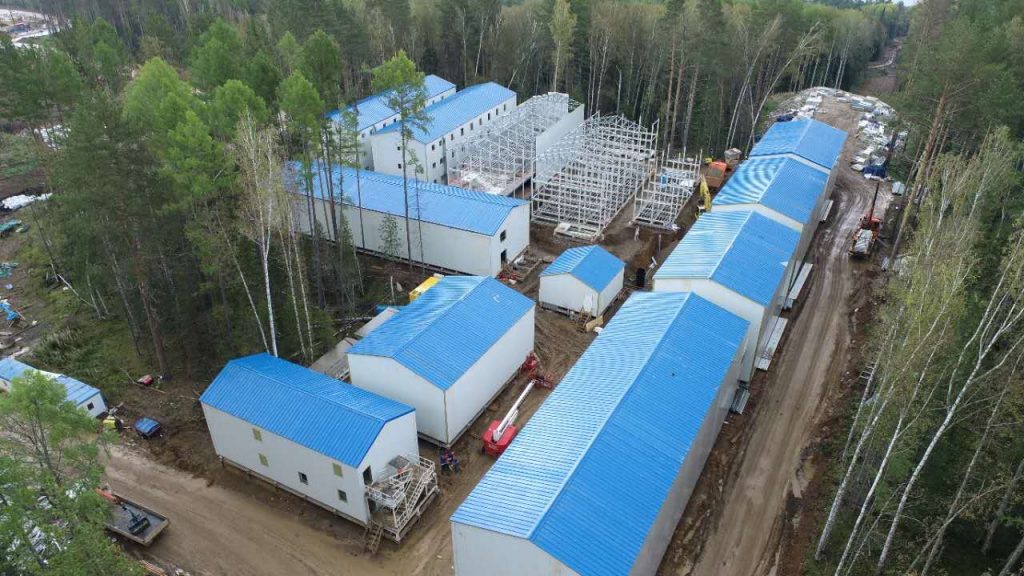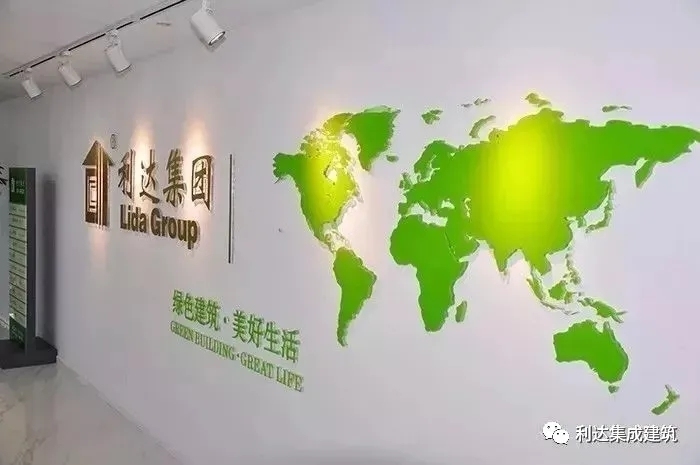Lida Group evaluated an alternative construction approach to meet growing affordable housing needs sustainably. Traditionally, wood framing poses obstacles to widespread scaling and cost reductions urgently required. The company explored mass-producing modular homes using durable sandwich composite panels as a building system.
This system incorporates rigid insulating foam cores bonded between reinforced fiberglass skins, forming lightweight yet strong panels. Initial prototyping validated the structural performance of various composite formulations under various loading conditions. A plywood-free approach eliminated on-site cutting waste, as computer numerical control milling optimized material yields from flat panel designs. Lightweight panels simplified transportation, installation, and future disassembly or relocation.

Off-site modular assembly within enclosed manufacturing facilities streamlined quality assurance while protecting worker health. Standardized panel interfaces locked together without need for adhesives or sealants. Pre-finishing of embedded plumbing, electrical, and interior systems occurred in factory settings, conserving resources by reducing work required on installation sites.
Foundations utilized post-tensioned concrete footings leveraging recycled aggregates where possible to revitalize land through engineering. Renewable smart home systems incorporated roof-mounted photovoltaics and energy capture solutions tailored to each home. Internet of Things devices intelligently controlled operations to maximize efficiency and effectiveness.
As a registered real estate investment trust, Lida Group aggregated capital for the capital-intensive initial production lines. A mass customization platform equipped trade partners to provide just-in-time modular components satisfying diverse buyer preferences. Mobile field crews erected home clusters rapidly using crane installation methodologies.

Pilot housing developments demonstrated 25% lower first costs and 40% faster construction times versus conventional construction, establishing technical feasibility. Economies of scale lowered per-unit pricing through streamlined outfitting, administration, and reduced project overheads. Pre-selling inventory facilitated cash flows funding expanded manufacturing capabilities. Strategic partnerships leveraged synergies across land, materials, and logistics.
This modular construction approach envisions scalable permanent housing solutions worldwide. Lida Group remains committed to pioneering the necessary technical, policy, and funding innovations enabling their vision through environmentally and economically sustainable solutions. Future evaluations will explore replicating and optimizing this model across varied global markets.

Related news
-
Delivering portable prefabricated living spaces quickly and affordably to remote mining sites in partnership with construction innovator Lida Group through modular component interoperability, mobile logistics, and on-site digital coordination.
2023-10-11 15:44:17
-
Monitoring indoor environmental quality in Lida Group's relocatable modular container housing units deployed as emergency medical clinics to serve remote mountain villages lacking basic sanitation infrastructure.
2023-10-11 11:47:13
-
Infrastructure challenges and customized engineering solutions for efficiently servicing clustered livable shipping container housing parks developed by China's Lida Group on undeveloped rural land parcels.
2023-10-11 13:26:39
contact us
- Tel: +86-532-88966982
- Whatsapp: +86-13793209022
- E-mail: sales@lidajituan.com


